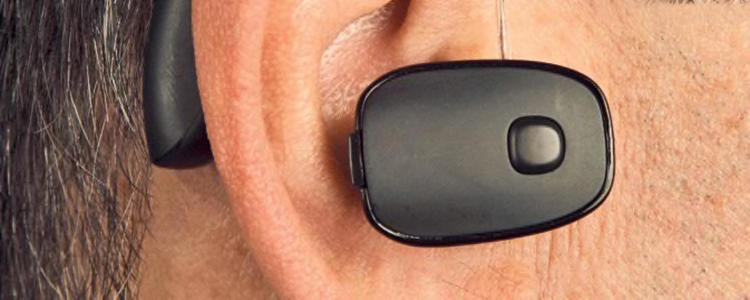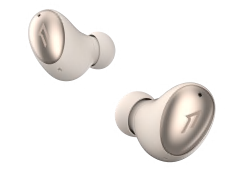Have you put off buying a hearing aid? Less than one-third of older adults who would benefit from a device have ever used one, according to government statistics. And in Consumer Reports' February 2016 survey of readers with hearing problems, 71 percent who bought hearing aids said they delayed doing so for two years or more, most often because of high hearing aid prices.
Readers told us they spent an average of $2,710 out of pocket, and 16 percent shelled out $5,000 or more. Two-thirds of the cost isn't spent on the devices but on visits to audiologists (who have four years of graduate training) for an evaluation, fitting, programming, and adjustments. If you're considering a hearing aid but want to save on the cost, follow these steps:
Check Your Insurance
Insurance usually won't cover the entire cost of a hearing aid, but about 37 percent of our survey respondents said they saved some money through private insurance plans. (Medicare won't cover the cost, but some Medicare Advantage plans may.) For example, Aetna members can purchase aids at a discount through certain suppliers. And veterans may qualify for almost free hearing aids.
If you have a flexible spending account at work, you can use $2,550 in pretax dollars to cover the cost of hearing aids and batteries if they're not covered by insurance.
Determine What You Need
When you see an audiologist, discuss your biggest hearing challenges—background noise in restaurants, for example, or phone conversations. That will help determine the best device for you. Try on models to see what feels comfortable. Then get hearing aid prices, and find out the length of the warranty and money-back trial period, which can vary widely.
Ask whether the audiologist will "unbundle" or separate the cost of a hearing aid from fees for fittings and other services. Not all will, but "it makes the cost more transparent," says Neil DiSarno, Ph.D., chief staff officer for audiology at the American Speech-Language-Hearing Association. That may help you negotiate a discount.
Decide whether you really need pricey extras such as Bluetooth capability; they can add hundreds of dollars to your bill. And ask whether you can get by with one hearing aid instead of two.
Learn more about the different types of hearing aids, their features, how to select a provider, and how to be a smart buyer.
Seek Out Savings
Before you buy, request a lower price. Of the 16 percent of survey respondents who did, almost half were successful, mainly at name-brand hearing-aid stores or freestanding offices. Or consider a wholesale club such as Costco, where hearing aid prices can be much lower. (But you may see a hearing-instrument specialist, who has far less training than an audiologist.)
Another option: Find a school that offers treatment by an audiology student who is supervised by an experienced audiologist. There are more than 70 clinics nationwide. To find programs that may help you with hearing aid prices check out this guide compiled by the Better Hearing Institute, the educational arm of the Hearing Industries Association.
Be aware that hearing aids are available on the Internet, but you may have to mail them back for adjustments. Some people also see buying preowned aids as a way to save money. But refitting and reprogramming them can cost as much as buying new ones, and it isn't always successful, says Stephanie J. Sjoblad, Au.D., an associate professor at the University of North Carolina School of Medicine. "The audiologist might have to spend a lot of time making a preowned device fit your needs," she notes.

Can Over-the-Counter Hearing Devices Help?
Personal sound amplification products (PSAPs) turn up the volume on soft voices and other sounds. Sold over the counter, they cost $10 to $600. (A behind-the-ear model is shown above.) PSAPs aren't regulated by the Food and Drug Administration because they're not considered medical devices, but that may change. The FDA has been asked to consider a new category of "basic" hearing aids, including PSAPs.
"Some can help with mild hearing loss," says Barbara E. Weinstein, Ph.D., a professor of audiology at the City University of New York. But make sure that you see a doctor first to rule out medical issues that may affect your hearing.






